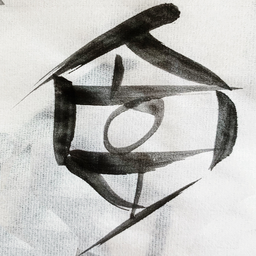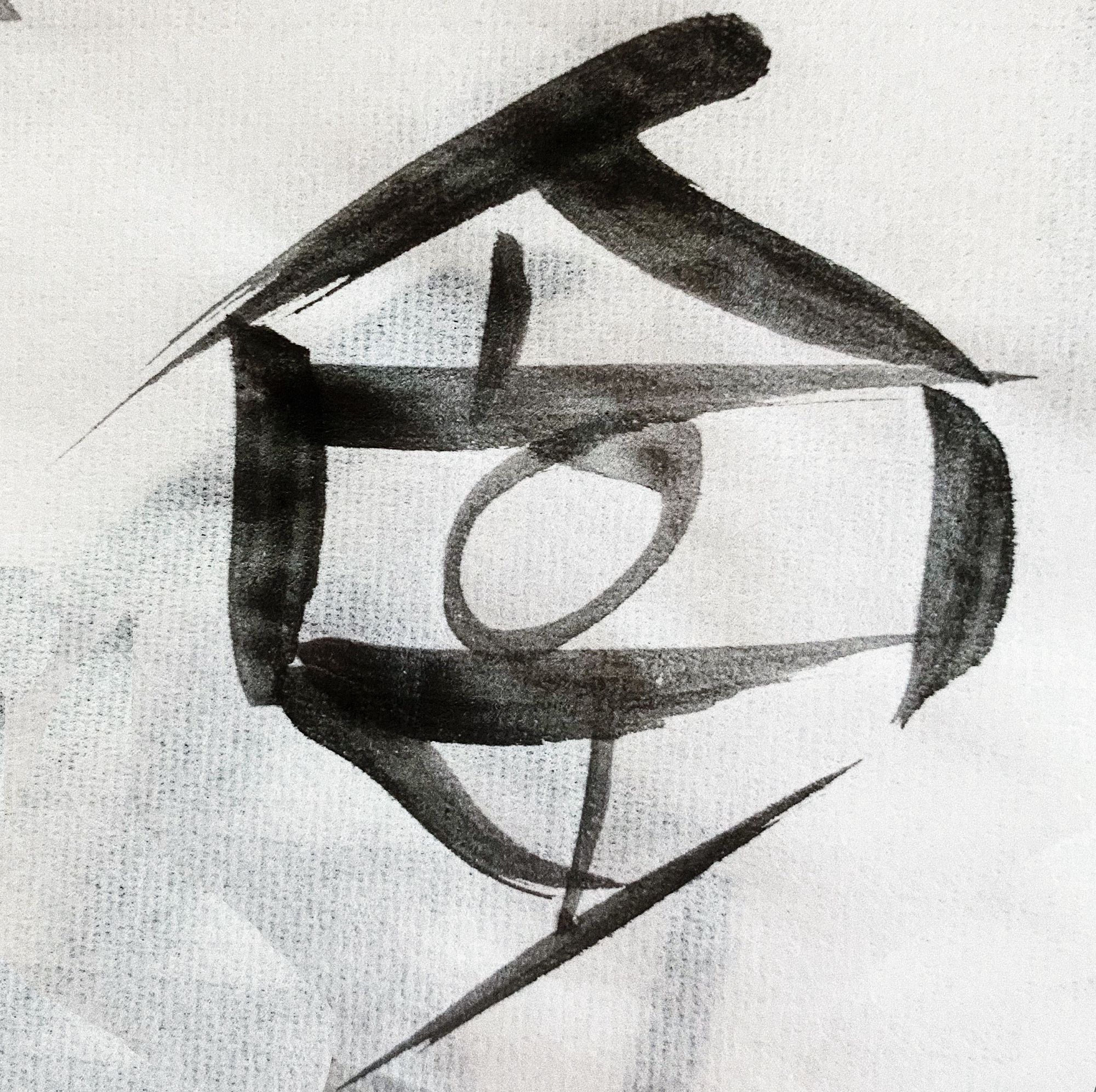The Empathy Gap

A friend pointed out to me recently, when I rolled my eyes at a publishing kerfuffle, that I was like a professional chef in a kitchen. I get burned every day. I have scars up and down my arms from hot pans, sharp knives, slamming walk-in doors, splattering oil. And a home cook says, “Holy shit, I burned myself because my hand slipped.” And my first, instinctive reaction is, “Yeah, that’s cooking. Grow up.”
And I know that’s not the right thing to say. So I don’t say it. It’s not kind. It’s not even useful even though some part of me, the part that grew up the child of immigrant disciplinarians probably, thinks it’s the only useful thing to say. But this is about how I want to say it. And how I know the people who would hear it wouldn’t receive it. Wouldn’t understand what I’m trying to get across.
There’s a disjunction in the discussion that constantly orbits the realities of publishing. There’s a gap between what the writer talks about and what the industry talks about. I want to build a bridge across that gap. A bridge made of empathy, and clarity, and honesty. Sometimes the distance feels so large, and so full of misunderstanding, and anger, and frustration.
Because here’s the thing: publishing is a business. At the end of the day it operates with one principle, and one principle only: profit. Lots of things descend from that, and there are a lot of choices about how we make profit and who gets a share and what externalities we need to consider. But at the end of the day, everything is subsumed by this central, driving command. Make money. Publish books that will sell enough copies to cover the cost of making a book, and by enough that it was worth everyone’s time to get involved.
Publishers are incentivized by profit. And an incentive is really really different from an obligation. No one owes you, the writer, anything. No one owes you their time. No one owes you their kindness. And certainly no one owes you a book deal. There’s a line in every contract that says: “no obligation to publish.”
No one is obliged to recognize your dream. No one is required to do the thing. Even if they promised to. Even if they gave you money to.
They aren’t required. But they are incentivized. This is the shape of the gap.
You, the writer, are making art. Yes, it's art you want to sell, but regardless: the goal from a craft perspective is to tell a good story that matters to the people who read it. Translating that art into a commercial product, into a book, is a mysterious and confusing process for many. Especially those just starting out. That’s at least in part by design. To those of us on the business side, there are advantages to your confusion. It would be an overstatement to say that this is entirely on purpose, but from the industry perspective there’s often an incentive to being confusing, difficult, and occasionally deliberately obfuscatory.
To be clear: I hate that. I hate that we’re incentivized to do that. I hate that it works.
There’s such a gap between these two sides of the conversation that is publishing. Between the battered and hardened professional chef, and the enthusiastic home cook. If you, a home chef, say yes, I want to be a professional, I want to be the next Ina Garten or Gordon Ramsay, then you need to be prepared for what the job calls for.
I’m not asking you to overlook predatory or abusive behavior in this industry — that’s not a normal part of working in a professional kitchen, no matter what the people who perpetrate the abuse might try to tell you. And I’m not asking you to not feel the burns and cuts that you get while you’re cooking in here, because they fucking hurt. And then they itch. And then they scar.
I’m not saying this is right. Or that it’s just. Or that it’s fair. It is none of those things. But I think that’s what working in this kitchen is. For now. I hope we can change it, but I worry that the fundamentals are aligned against that change. I worry we won’t get there.
To step out of the analogy for a second: If you want to be a pro, you have to understand you’re gonna take hits. Big ones. And they don’t stop. Success invites more opportunities for rejections. As a writer’s profile gets bigger, there’s more and more expectation and pressure that adds weight to the hits that do break through their defenses. The brand is strong in this house: Publishing is Hard.
It’s really fucking hard.
I’m not saying that there’s not joy in it. There’s so much joy. You get to tell stories that matter to people. I get to help writers achieve their dreams. Together we change the world bit by infinitesimal bit. And we make good friends along the way and celebrate the victories together. I love this job with an intensity that I hope y’all can see in these newsletters, even when I get dark with it.
It’s okay to go in a room, close the door, and have a good fucking cry with friends and family. We all need outlets to vent about the difficulties of the business. And if there’s any single piece of straight advice I have here it’s this: Find those people. Find other writers, friends who will support you when things get hard. People who won’t resent you for your success and who will understand that it’s hard for everyone at every stage of their career. And be that person for others when the opportunity presents.
You’re less likely to get knocked down when those hits come, if you remember that the publisher is not your friend. They’re also not your enemy. They, as an institution, don’t care enough about you to be your enemy.
Your editor, your publicist, and all the human beings that work with you to put your story into the world can be — and ideally are — your friend. Human beings are on your side. People are on your side. I am on your side.
My job is not. The imprint is not. The multinational corporation certainly is not. They aren’t on anyone’s side but their own. Their motive is not friendship. Their motive is profit.
The demands of capitalism are like gravity. They’re like the tide. We can change the world we live in, one day, I hope, but if you want to succeed in this business, you have to swim in the water instead of fighting the tide. You have to learn how to ride it. To work within it. To keep from being overwhelmed by it.
So, I love you, but if you come to me and say “this disappointing thing happened to me” — I’ll try and remember that maybe you haven’t been burned before. I’ll try and remember what you need is a bandaid, an ice cube wrapped in a towel, and a soothing, disinfectant gel. But there’s a big gap to bridge between my world and your world. Bridges are hard to build, it turns out.
Sometimes, all I have to give is the truth that fires are hot.
